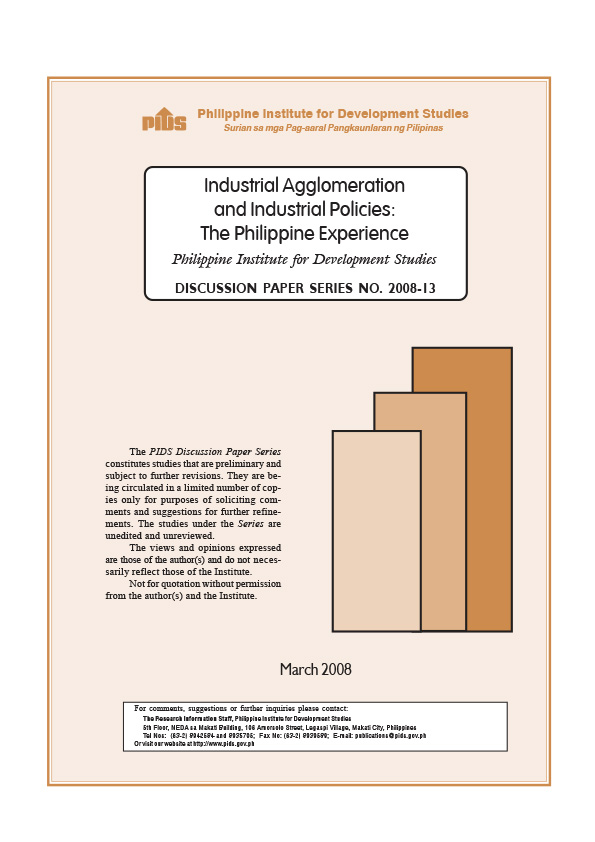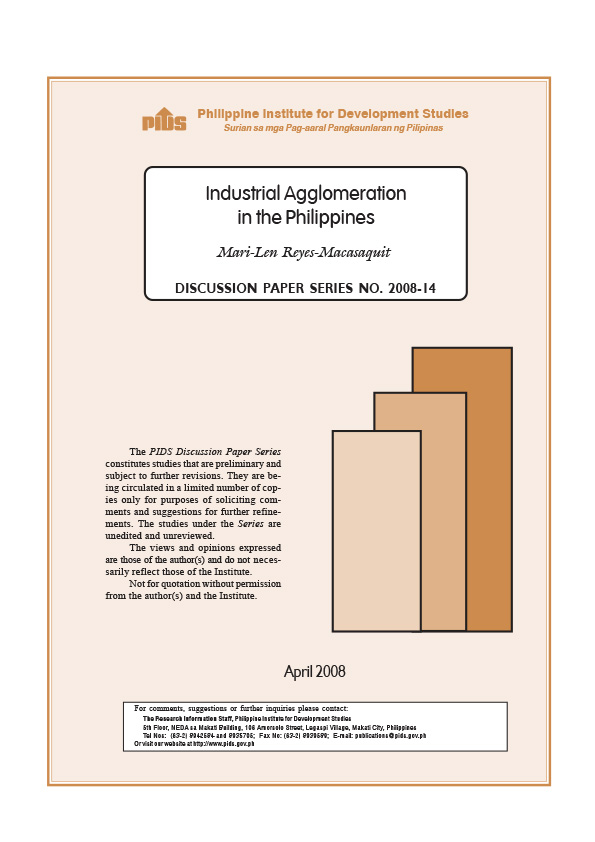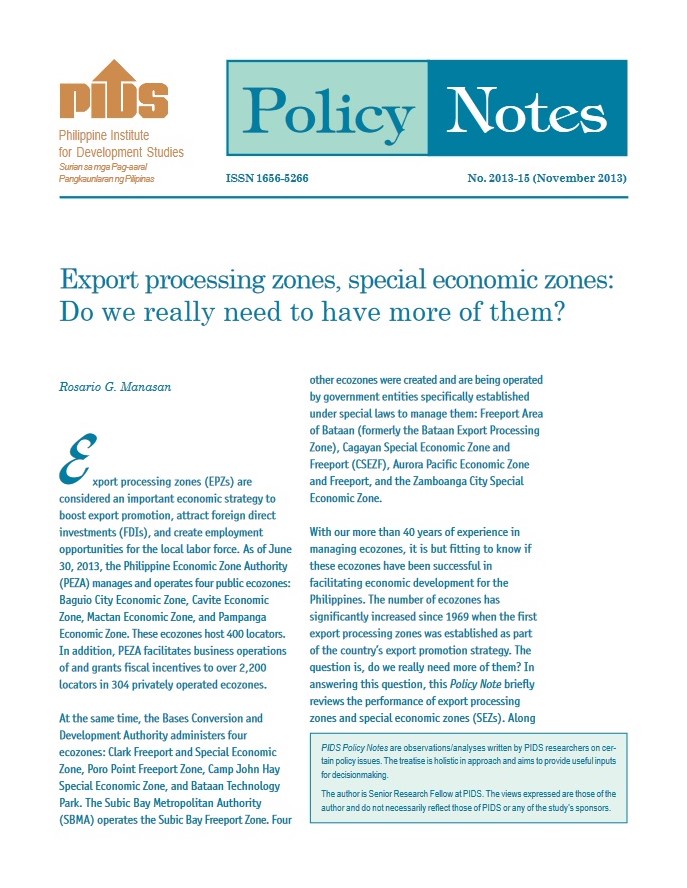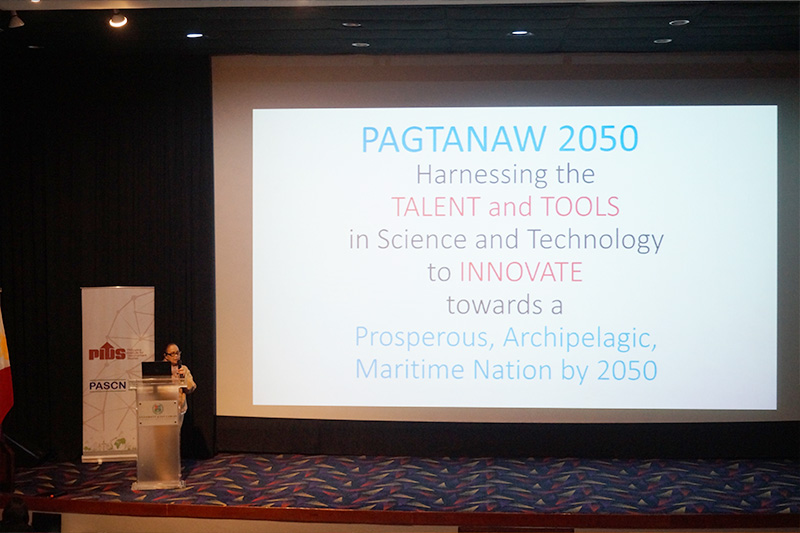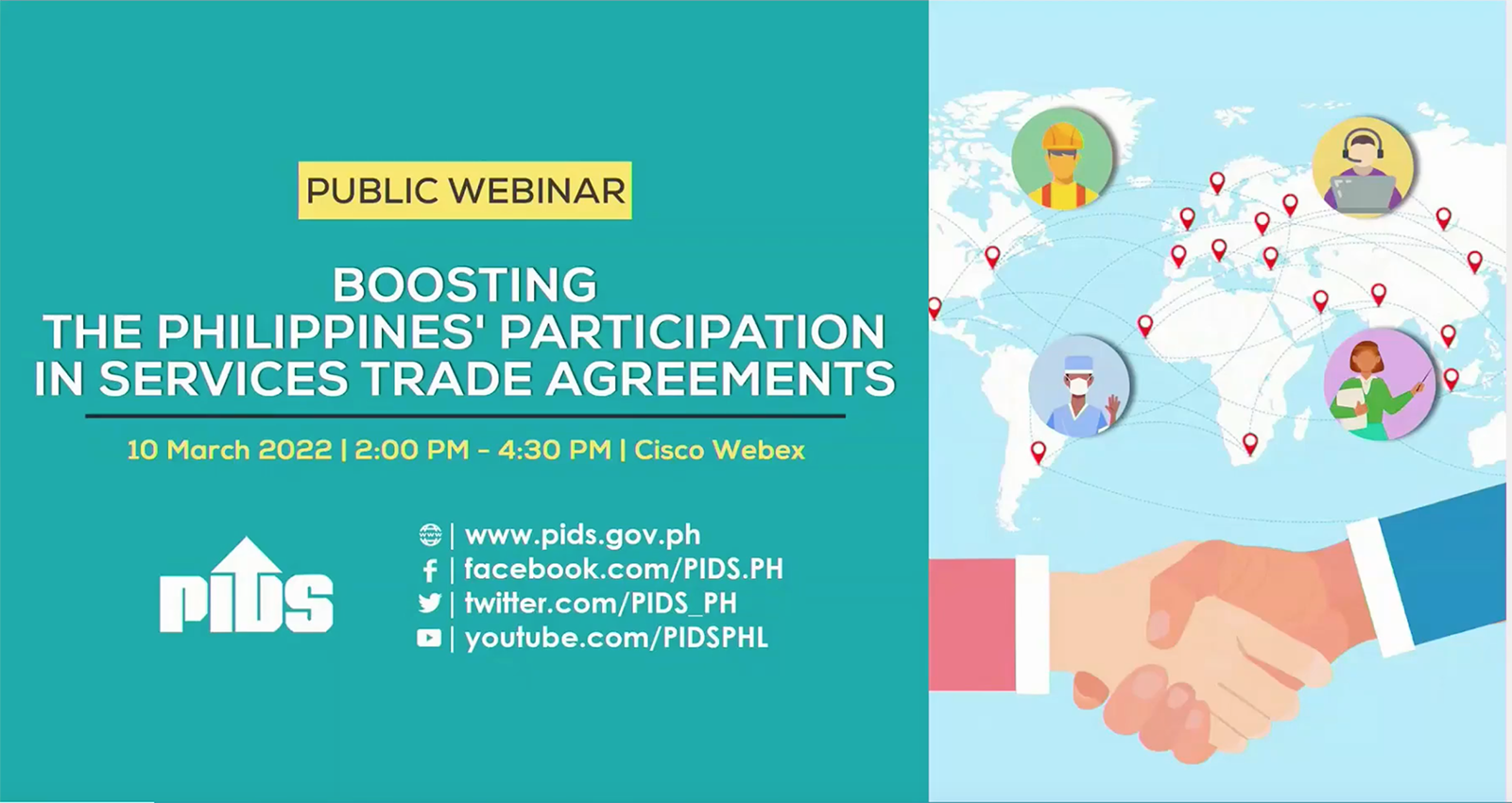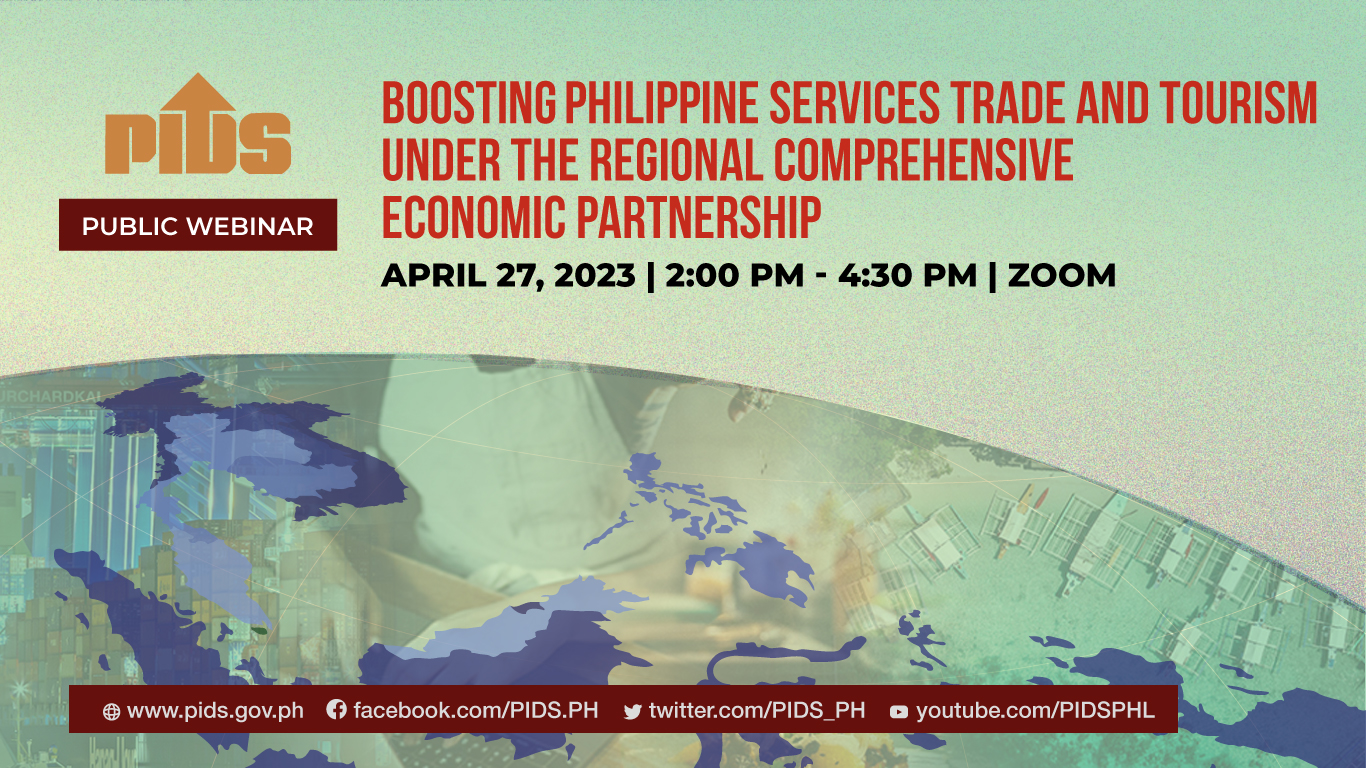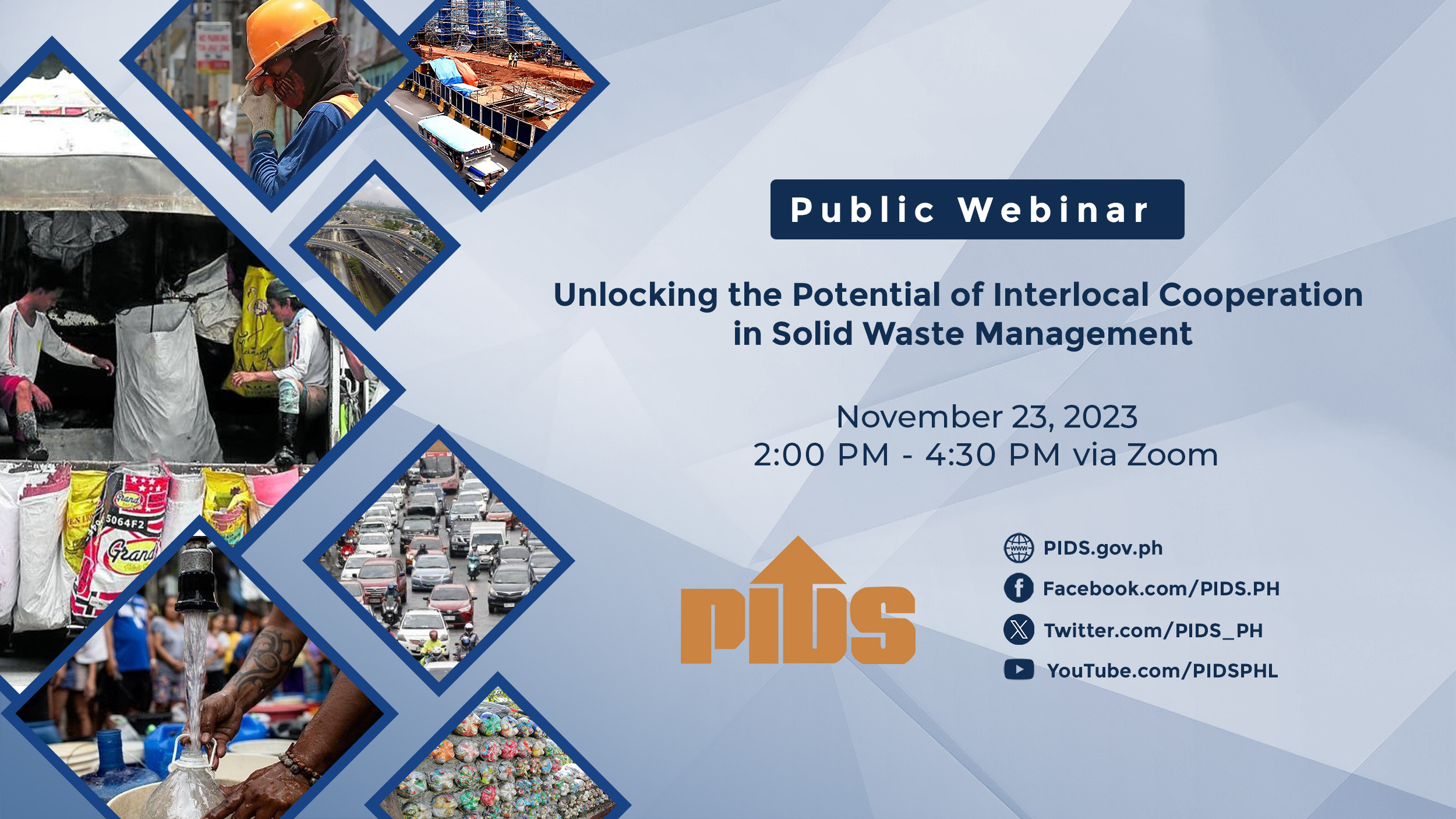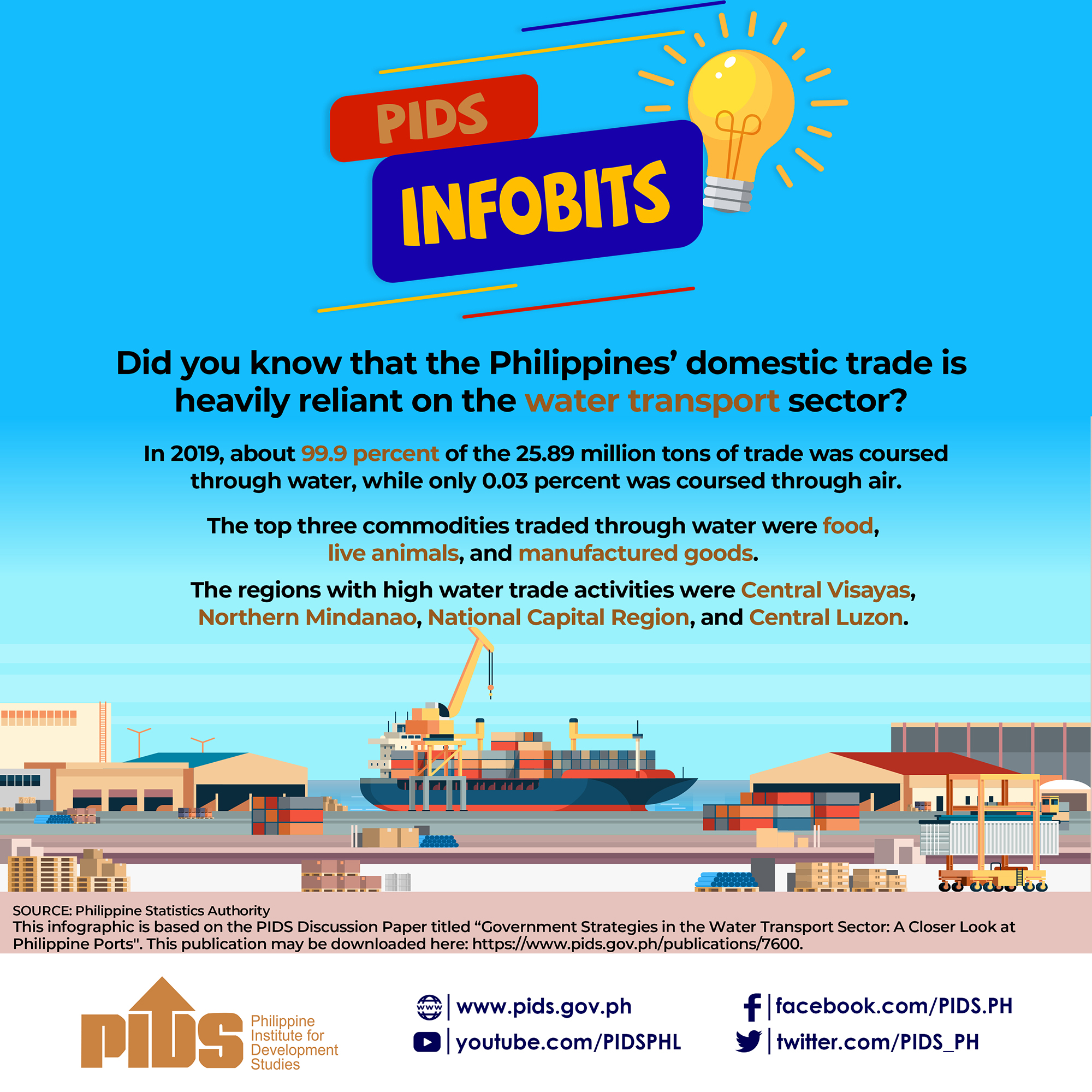TRANSFORMING the country’s economic zones into trade facilitation hubs can boost the country’s competitiveness amid an increasingly integrated Southeast Asia, Philippine Exporters Confederation, Inc. (Philexport) said in a recent statement. Quoting a study by the Philippine Institute for Development Studies (PIDS), Philexport said: "[T]he overall performance of SEZs (special economic zones) can still be improved." The group said that through lowering operating costs, SEZs and export processing zones in the Philippines serve mainly to improve the competitiveness of businesses that locate in these areas. "They (economic zones) offer fiscal incentives, provide better infrastructure and facilities, streamline customs and business registration procedures, and liberalize foreign exchange policies," read the statement. The country has over 300 economic zones, all of which are administered by the Philippine Economic Zone Authority. Citing the study, which was authored by PIDS Senior Research Fellow Rosario G. Manasan, Philexport said: "SEZs can be reinvented into efficient distribution, production, and trade facilitation hubs to help firms reduce logistics cost and become more internationally competitive." "Ecozones can be used to expand market access by linking up regional suppliers and leveraging economies of scale in production," read the statement. Ms. Manasan recommended in her study that rules in SEZs be made "flexible enough to accommodate both exporters and non-exporters." She added that SEZs should also allow a wide range of commercial and manufacturing activities within their premises.
Exporters see trade, processing potential in ecozones

